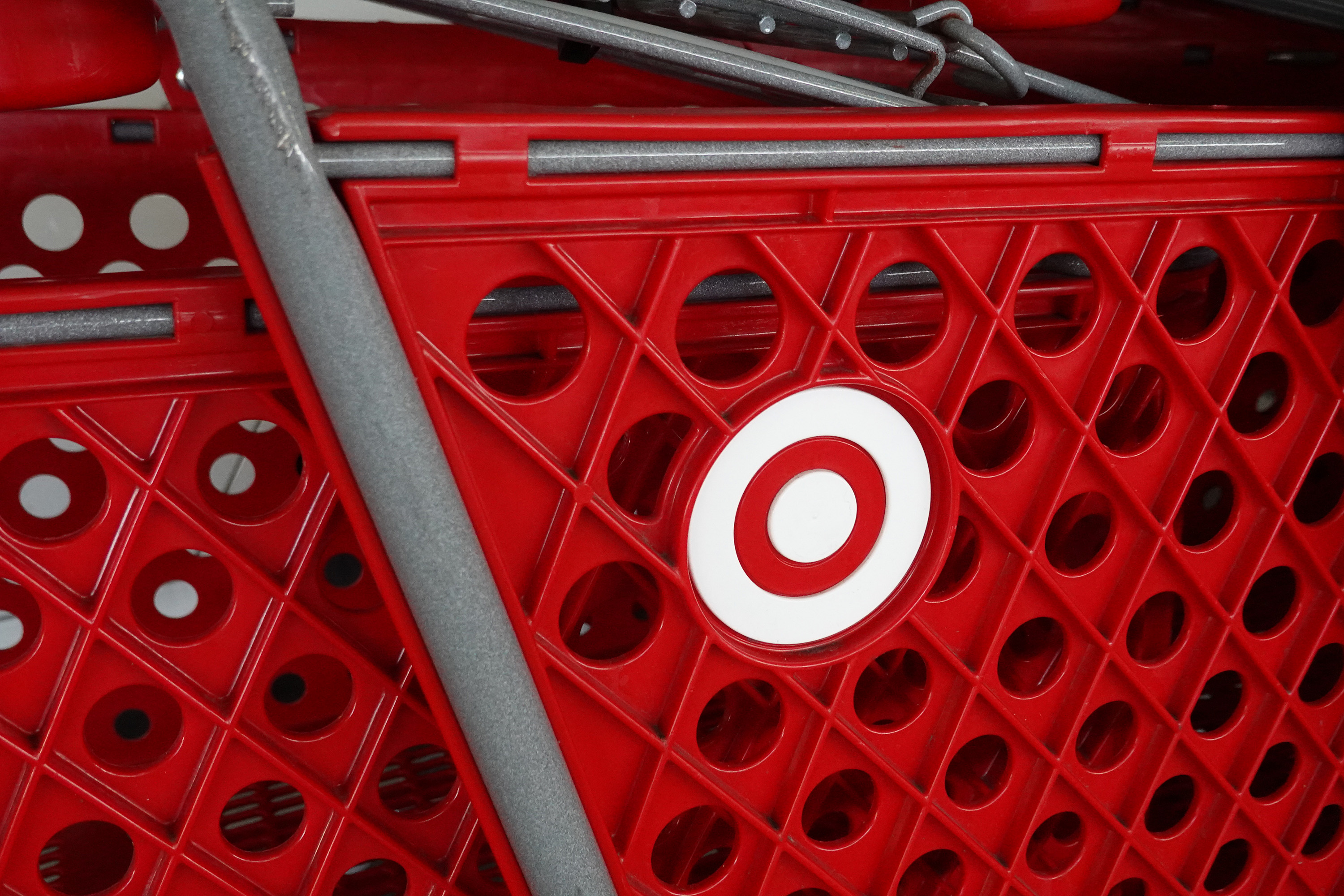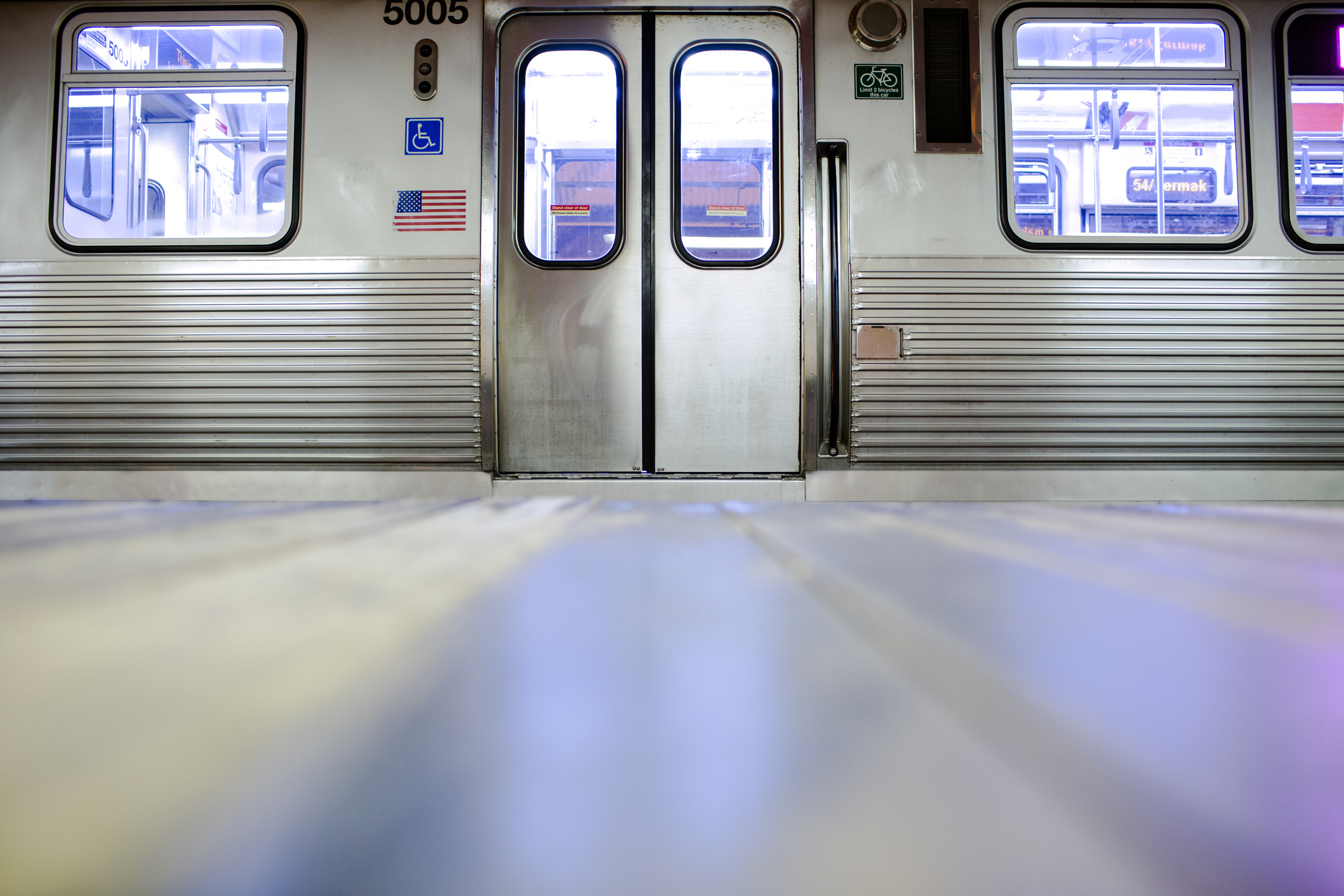As the Chicago Bears move forward with plans to move to a new stadium in Arlington Heights, the team’s property tax bill could be in for a big hike, NBC 5’s Alex Maragos reports.
The mayor of Arlington Heights said the Chicago Bears' decision to begin exploring other options for a suburban stadium is "not an unexpected development," as the team cites tax troubles for the reason behind the shift.
"Once they closed on the property, then they did have an opportunity to talk to other potential suitors including the city of Chicago," Hays told NBC Chicago in an interview Friday moments after an announcement was released from the team. "Everyone is looking out for their best interests."
In a statement to NBC Chicago, the Bears said while they are still working on the Arlington Heights location, "it is no longer our singular focus."
“The Chicago Bears goal of building the largest single development project in Illinois history led by billions of dollars in private capital investment, and the jobs and economic benefits generated, is at risk in Arlington Heights," the team's statement read. "The stadium-based project remains broadly popular in Arlington Heights, Chicagoland and the state. However, the property’s original assessment at five times the 2021 tax value, and the recent settlement with Churchill Downs for 2022 being three times higher, fails to reflect the property is not operational and not commercially viable in its current state. We will continue the ongoing demolition activity and work toward a path forward in Arlington Heights, but it is no longer our singular focus. It is our responsibility to listen to other municipalities in Chicagoland about potential locations that can deliver on this transformational opportunity for our fans, our club and the State of Illinois.”
Hayes said while he still thinks "the Arlington property is clearly the best site for the Chicago bears football stadium for the next 50 years or more" he understands "they have to do what’s in their best interest based on the challenges that have been put before them so far here, until those are overcome."
The team had most recently received sign-off to begin the initial phase of demolition plans in Arlington Heights.
The village posted on its website last month that approval was given for Phase 1 of the project, which allows for interior demolition, specifically knocking down the grandstand, office and jockey building.
Local
In recent weeks, the potential move to Arlington Heights got a little more complicated after the Cook County Assessor hiked the assessed value of the team’s newly acquired land, meaning their property tax bill could be headed for a major increase.
The team closed on the purchase of the 326-acre site that held the former Arlington International Racecourse in February, paying $197.2 million for the property. The previous assessed value sat at roughly $33 million, but as part of the triennial reassessment, Assessor Fritz Kaegi’s office placed its value at $197 million. That increase could hike the property tax bill proportionally, spelling out a potential sixfold spike.
Feeling out of the loop? We'll catch you up on the Chicago news you need to know. Sign up for the weekly Chicago Catch-Up newsletter.
The Bears are asking the Board of Review to reassess the tax value of the property. A hearing is expected to take place on the matter in June.
"Our office’s mission is to assess property based on market value," a spokesperson for the Cook County Assessor's office said Friday. "The 2022 assessment of the former Arlington Racecourse site is consistent with both the 2023 purchase price of the property and the price per square foot of other similarly sized land in the area. The facts speak for themselves."
"I’m hopeful the Bears will continue with Arlington Heights," Hayes said. "I wouldn’t discourage them from exploring other options but I think ultimately they will find that this is the best option."
He added that he hopes a resolution to the tax issues will come soon.
The Village Board in Arlington Heights added that the facility's proximity to O'Hare Airport, Interstate 90, Route 53 and Metra make it a "unique one-of-a-kind" location.
"It is clear that the Chicago Bears Football Club understands the unique potential of this site, as evidenced by their recent purchase of the property. The Village is committed to work with the club and all other regional stakeholders to continue to explore the potential redevelopment of this site and to work through the inevitable challenges that come with any large development effort," the village said in a statement.
With other locations being explored, Naperville acknowledge it hopes to be in the running.
A spokesperson for Naperville confirmed Mayor Scott Wehrli "reached out to the Chicago Bears organization to introduce as a thriving community with multiple opportunities for business investment."
"With economic development as one of his primary focuses, the mayor will continue to highlight Naperville’s benefits to businesses throughout Chicagoland and across the country," spokesperson Linda LaCloche said in a statement, "These benefits include having the second largest economy in Illinois, along with a highly educated workforce, top ranked public safety, a vibrant downtown, excellent public transit and close proximity to major interstates, making it an attractive community for all types of business investment."
In a letter to Bears President and CEO Kevin Warren last week, Wehrli touted the community's accessibility and said there are several sites already available or soon-to-be available for the Bears' future home.
"As a lifelong Bears fan, I respect that the team has decided that developing and operating its own stadium is essential for on-field success and pursuing championships," the letter read. "On behalf of the City of Naperville, I would like to formally introduce our community to your organization as you consider or reassess your planned relocation. The city would welcome the opportunity to review your business needs and our available properties."



